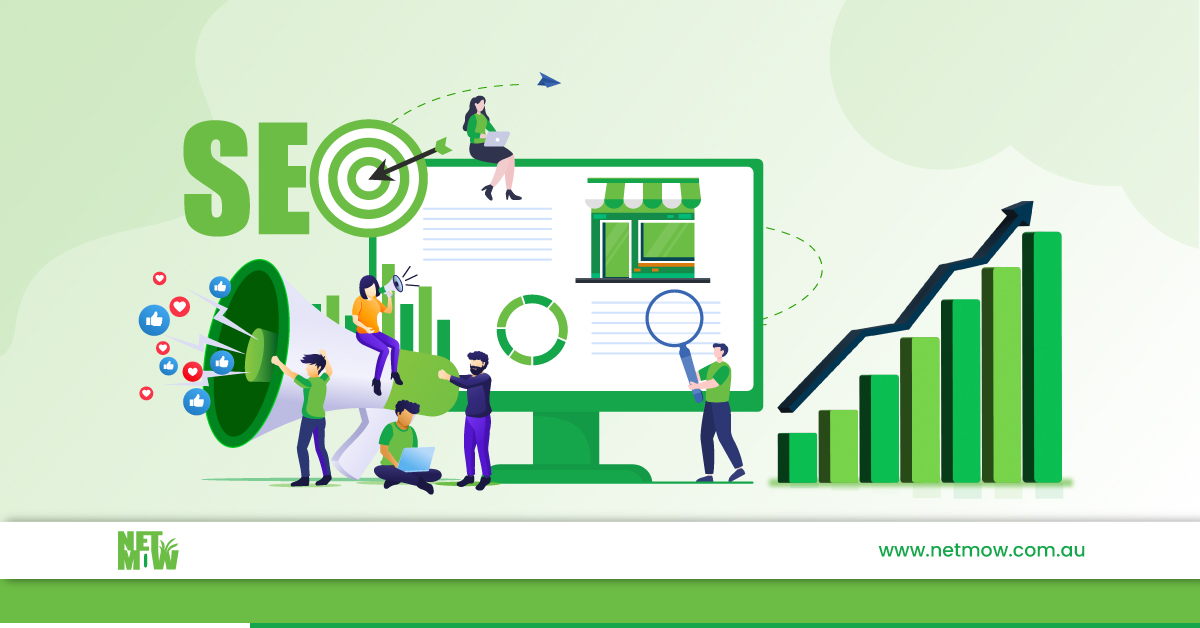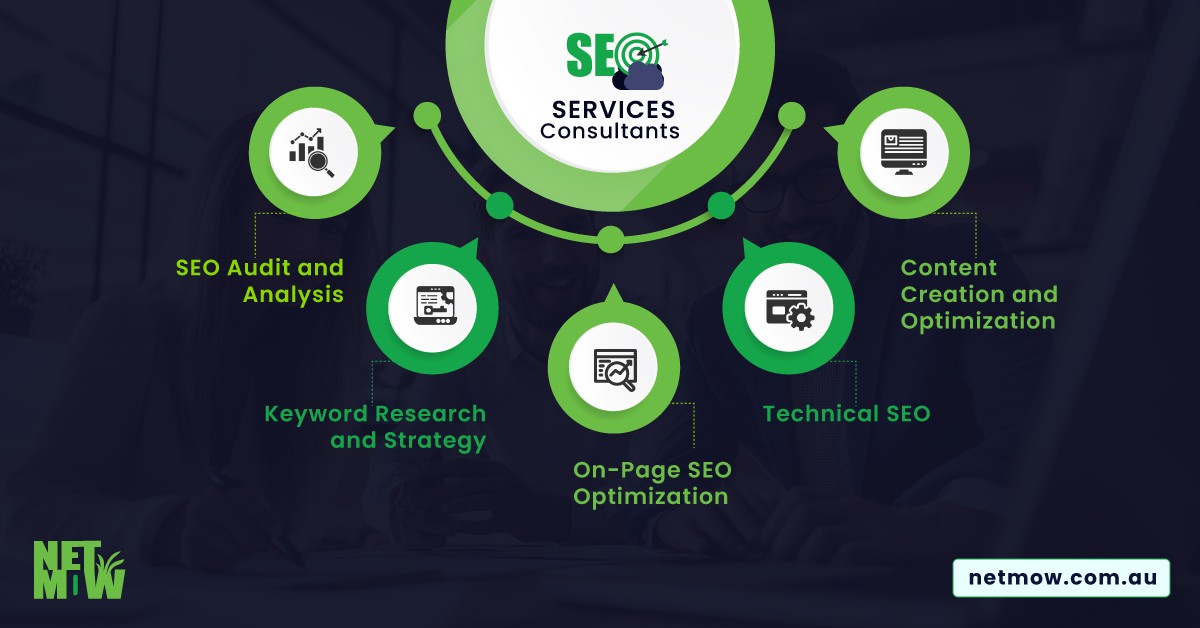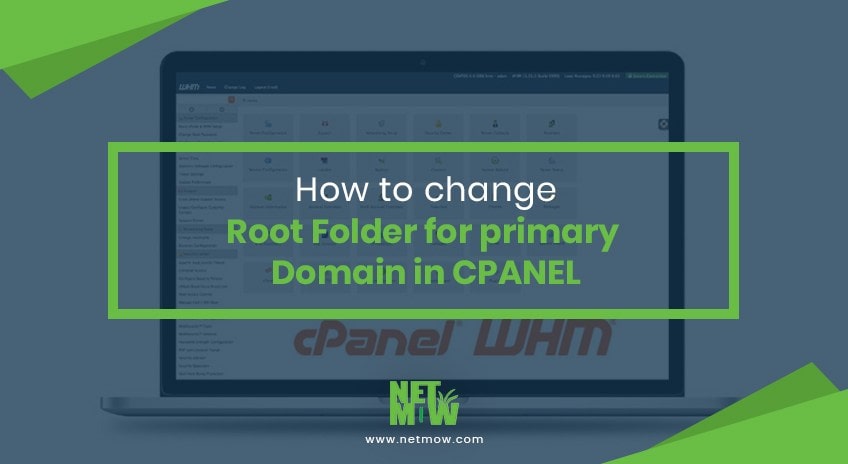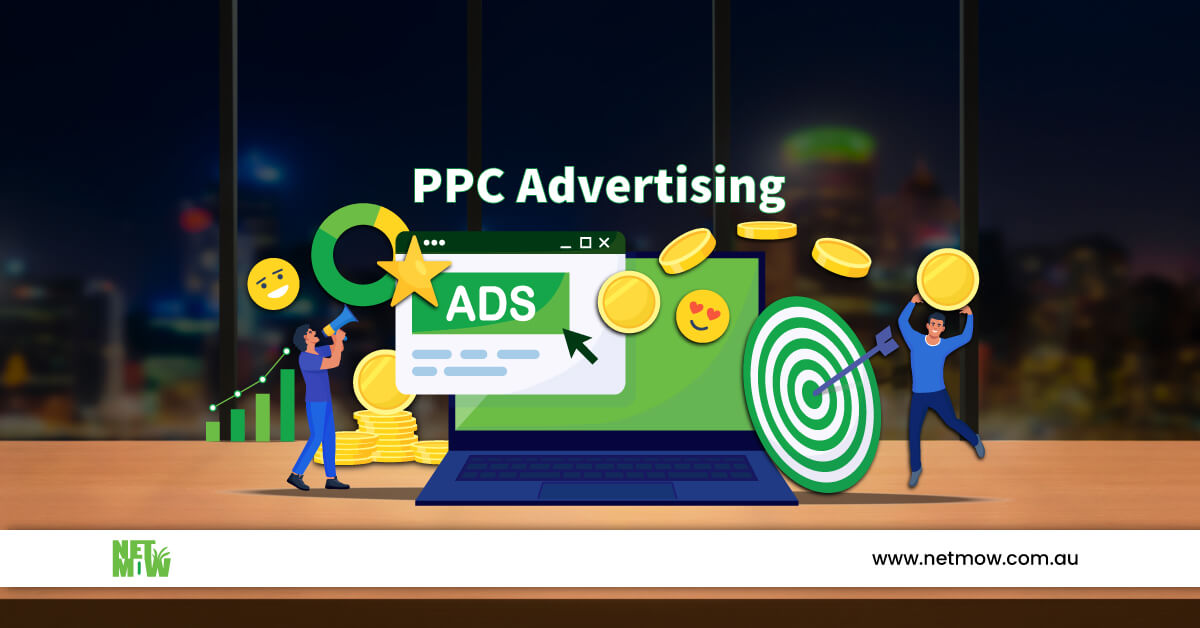
Understanding What is PPC Advertising?
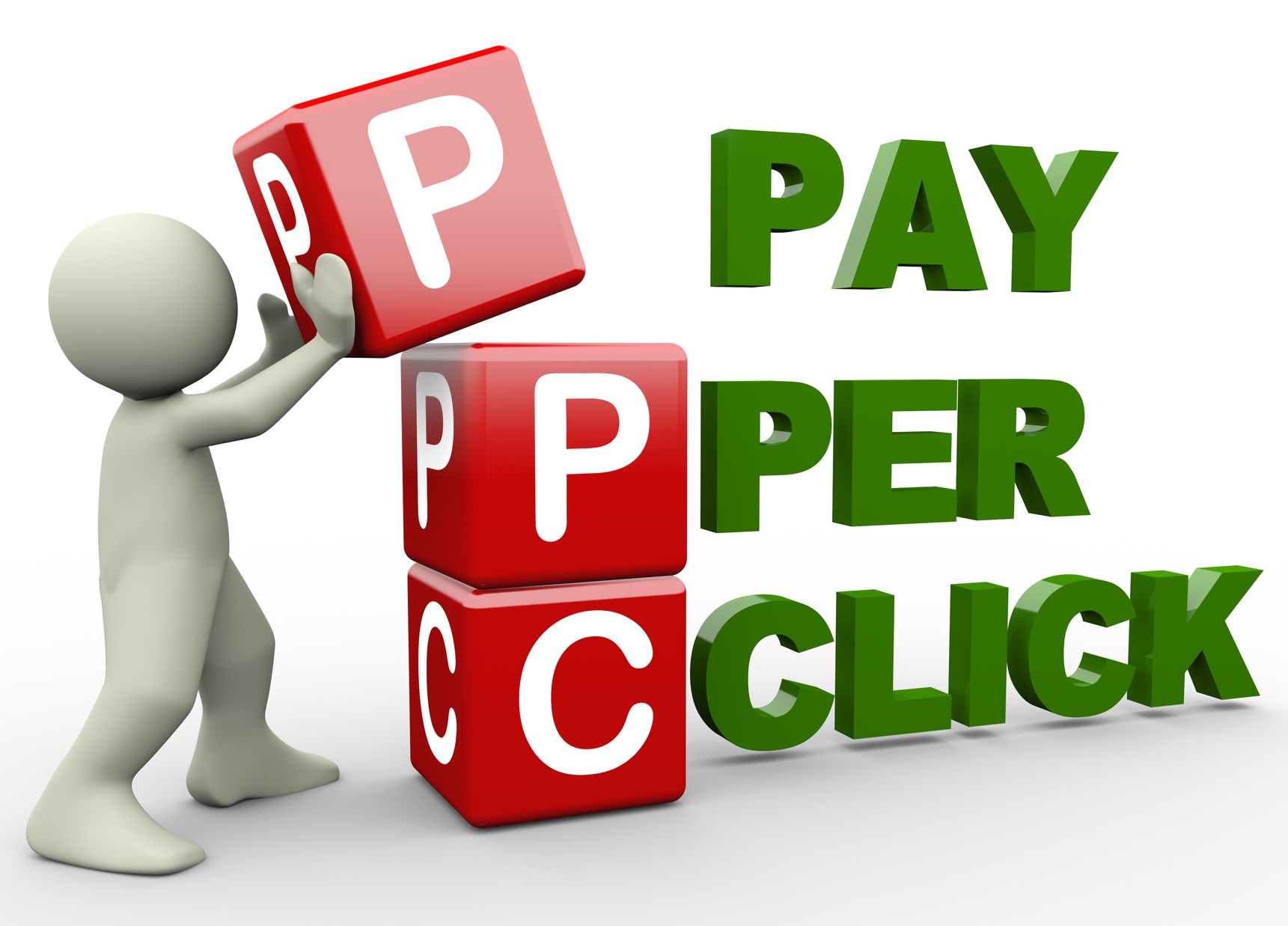
PPC, or Pay-Per-Click advertising is a digital marketing model where advertisers pay a fee each time one of their ads is clicked. It’s a way of buying visits to a website rather than earning them organically. The most common form of PPC advertising is search engine advertising, where advertisers bid on keywords relevant to their business. When a user searches for a particular keyword, the ads related to that keyword appear at the top or bottom of the search engine results page.
In a PPC campaign:
- Ad Auction: Advertisers bid on specific keywords in order to have their ads displayed when users search for those terms.
- Ad Placement: The search engine (e.g., Google) uses a combination of bid amount and ad relevance to determine which ads to show and in what order.
- Cost per Click (CPC): Advertisers pay the bid amount only when someone clicks on their ad. This is why it’s called “pay-per-click.”
PPC can also include display advertising, where ads are shown on websites rather than search engine results pages. The pricing model, however, remains the same – advertisers pay for each click.
This form of advertising can be highly effective because it allows advertisers to target specific keywords, demographics, and geographic locations, ensuring that their ads are shown to a relevant audience. It’s a measurable and trackable form of advertising, as advertisers can see exactly how much they are paying for each click and what return on investment (ROI) they are getting from their campaigns. Popular platforms for PPC advertising include Google Ads, Bing Ads, and social media platforms like Facebook and LinkedIn.
How PPC Advertising Works?
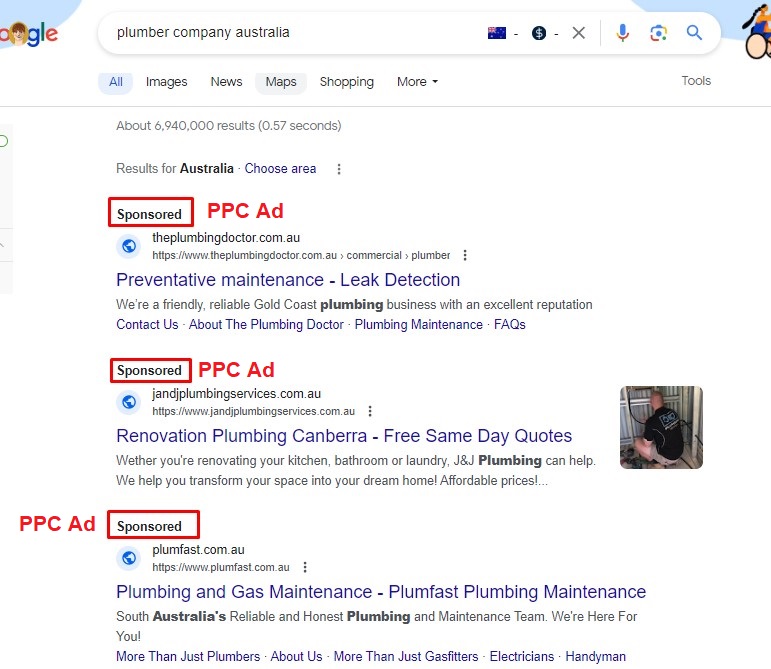
PPC (Pay-Per-Click) advertising works through a bidding system where advertisers compete for ad placement in a search engine’s sponsored links or on a website. Here’s a step-by-step explanation of how PPC advertising works:
- Keyword Selection:
Advertisers choose specific keywords or phrases related to their products or services. These keywords are used to target their ads to users who are searching for those terms.
- Ad Creation:
Advertisers create compelling ads that include relevant keywords. These ads typically consist of a headline, a description, and a link to the advertiser’s website.
Bid Auction:
Advertisers bid on the selected keywords. The bid amount represents the maximum amount they are willing to pay for a click on their ad when a user searches for those keywords.
Ad Ranking:
Search engines (e.g., Google) use a combination of bid amount and ad relevance to determine the ad’s position in the search results. Ad relevance is assessed based on factors such as the quality of the ad, the landing page, and the historical performance of the ad.
Ad Display:
When a user enters a search query that matches the chosen keywords, the search engine conducts an auction to determine which ads to display and in what order. The winning ads are shown in the sponsored section of the search results.
Cost and Billing:
Advertisers only pay when someone clicks on their ad, hence the term “Pay-Per-Click.” The cost per click (CPC) is determined by the bid amount, but advertisers are billed only if the user clicks on the ad to visit the advertiser’s website.
Ad Performance Monitoring:
Advertisers can track the performance of their PPC campaigns using analytics tools. This includes monitoring the number of clicks, impressions, click-through rate (CTR), and other relevant metrics.
PPC Adjustments and Optimizations:

Based on the performance data, advertisers can adjust their bids, refine their ad copy, and make other optimizations to improve the effectiveness of their PPC campaigns. This ongoing process helps maximise the return on investment (ROI).
PPC advertising is a dynamic and data-driven approach that allows advertisers to target specific audiences, control costs, and measure the success of their campaigns in real-time. It is widely used across various online platforms, with Google Ads being one of the most popular PPC advertising platforms.
How effective is PPC advertising?
The effectiveness of PPC (Pay-Per-Click) advertising can vary depending on several factors, including the industry, competition, targeting strategy, and the quality of the ads and landing pages. Here are some key points to consider:
- Targeted Reach:
- PPC allows advertisers to target specific keywords, demographics, locations, and other criteria. This targeting capability can make PPC highly effective in reaching a relevant audience interested in the products or services being offered.
- Measurable Results:
- PPC provides detailed analytics and performance metrics, allowing advertisers to measure the success of their campaigns accurately. This level of data helps in making informed decisions and optimizations to improve the campaign’s effectiveness.
- Quick Results:
- Unlike some other forms of digital marketing or traditional advertising, PPC can generate quick results. Ads can be launched and start appearing in search results shortly after setting up a campaign.
- Cost Control:
- Advertisers have control over their budget and can set daily or campaign-specific spending limits. This allows for cost control and flexibility in adjusting the budget based on performance.
- Brand Visibility:
- PPC ads appear prominently in search engine results, increasing brand visibility. Even if users don’t click on the ad, they may still see and become aware of the brand, contributing to overall brand exposure.
- Competitive Advantage:
- In competitive industries, PPC can provide a competitive advantage by ensuring that the advertiser’s website is prominently displayed when users search for relevant keywords. This visibility can lead to increased website traffic and potential conversions.
- Customisation and Testing:
- Advertisers can easily customise and test different ad creatives, keywords, and targeting options to find the most effective combinations. This iterative process helps refine campaigns over time.
- ROI Tracking:
- The ability to track conversions and attribute them to specific keywords or ads allows advertisers to calculate the return on investment (ROI) for their PPC campaigns. This data-driven approach helps in allocating budget to the most successful strategies.
While PPC can be highly effective, it’s important to note that success depends on careful planning, ongoing management, and strategic optimization. Advertisers should continuously monitor and adjust their campaigns to align with business goals and market conditions. Additionally, the effectiveness of PPC may vary based on the specific goals of the campaign, such as lead generation, e-commerce sales, or brand awareness.
Why use PPC advertising for Your Business?
Using PPC (Pay-Per-Click) advertising for your business can offer several advantages and benefits. Here are some compelling reasons to consider incorporating PPC into your digital marketing strategy:
- Targeted Advertising:
- PPC allows you to target specific keywords, demographics, locations, and even devices. This targeted approach ensures that your ads are seen by the most relevant audience, increasing the likelihood of attracting potential customers.
- Quick Results:
- Unlike some other forms of digital marketing that may take time to gain traction, PPC can deliver quick results. Once your campaign is set up, your ads can start appearing in search engine results, potentially driving immediate traffic to your website.
- Cost Control:
- With PPC, you have control over your budget. You can set daily or campaign-specific spending limits, allowing you to manage costs effectively. This flexibility is particularly beneficial for businesses with varying budgets or seasonal fluctuations.
- Measurable ROI:
- PPC provides detailed analytics and performance metrics, allowing you to track the success of your campaigns accurately. You can measure the return on investment (ROI) by analysing data such as clicks, impressions, conversions, and costs.
- Brand Visibility:
- PPC ads appear prominently in search engine results, increasing your brand’s visibility. Even if users don’t click on your ad, they may still see it, contributing to brand awareness.
- Customisation and Testing:
- PPC platforms offer the ability to customise and test different ad creatives, keywords, and targeting options. This allows you to experiment with various strategies and refine your campaigns based on what works best for your business.
- Competitive Advantage:
- In competitive industries, PPC can give you a competitive edge by ensuring your ads are displayed prominently when users search for relevant keywords. This visibility can help attract potential customers away from competitors.
- Geo-Targeting:
- For businesses with a local focus, PPC enables geo-targeting, allowing you to display ads to users in specific locations. This is beneficial for attracting customers in your vicinity and driving foot traffic to physical stores.
- Adaptability:
- PPC campaigns can be adapted quickly based on market trends, seasonal changes, or shifts in customer behaviour. This agility ensures that your advertising strategy remains relevant and effective.
- Enhanced Analytics Integration:
- PPC platforms often integrate seamlessly with analytics tools, allowing you to gain deeper insights into user behaviour and preferences. This data can inform not only your PPC strategy but also other aspects of your overall marketing efforts.
PPC advertising provides a flexible, measurable, and targeted approach to reaching your audience, making it a valuable tool for businesses looking to drive traffic, generate leads, and increase sales in a cost-effective manner.
Benefits of PPC Advertising:
- Targeted Reach:
- PPC allows precise targeting based on keywords, demographics, location, and device, ensuring your ads reach a relevant audience.
- Quick Results:
- PPC campaigns can generate immediate traffic and results, making it an effective strategy for businesses seeking quick visibility.
- Cost Control:
- Advertisers have control over budget allocation, with options to set daily or campaign-specific spending limits, providing flexibility in managing costs.
- Measurable ROI:
- Detailed analytics enable accurate measurement of return on investment (ROI), helping businesses assess the effectiveness of their campaigns.
- Brand Exposure:
- PPC ads feature prominently in search results, increasing brand visibility even if users don’t click, contributing to overall brand exposure.
- Customisation and Testing:
- Advertisers can customise and test different ad elements, including creatives and targeting options, allowing for continuous optimisation.
- Competitive Edge:
- In competitive industries, PPC ensures prominent ad placement, giving businesses a competitive advantage in attracting potential customers.
- Geo-Targeting:
- Local businesses can use geo-targeting to focus ads on specific locations, driving foot traffic and engaging with local customers.
- Adaptability:
- PPC campaigns can be quickly adapted to market changes, ensuring that advertising strategies remain relevant and effective.
- Enhanced Analytics Integration:
- PPC platforms integrate seamlessly with analytics tools, providing businesses with valuable insights into user behaviour and preferences.
Cost of Pay-Per-Click Advertising:

The cost of Pay-Per-Click (PPC) advertising varies based on several factors:
- Industry Competitiveness:
- Highly competitive industries often have higher CPC (Cost Per Click) rates, as advertisers bid more aggressively for top ad placements.
- Keyword Selection:
- The popularity and competitiveness of chosen keywords influence the cost. High-demand keywords generally have higher CPC rates.
- Geographic Targeting:
- Ads targeted at specific locations may have varying costs based on the demand for those locations.
- Ad Quality and Relevance:
- Search engines reward ads with higher quality scores and relevance with lower CPC rates. Well-optimised and relevant ads can be more cost-effective.
- Ad Position:
- Ads appearing in top positions usually have higher CPC rates than those in lower positions. Advertisers bid more for premium placements.
- Campaign Budget:
- Advertisers can set daily or campaign-specific spending limits, controlling overall expenditure.
- Platform:
- Different PPC platforms (e.g., Google Ads, Bing Ads, social media platforms) may have varying average CPC rates.
- Ad Format:
- The type of ad format chosen (text, display, video) can impact costs.
It’s essential to carefully manage and monitor your PPC campaigns, regularly assess performance, and make adjustments to ensure cost-effectiveness and a positive return on investment.
Why NETMOW is the Best PPC Advertising Company in Gold Coast?
NETMOW stands out as a premier PPC advertising company in Gold Coast due to its unwavering commitment to delivering tailored, results-driven campaigns. With a team of seasoned experts, cutting-edge strategies, and a client-centric approach, NETMOW ensures unparalleled success in boosting online visibility, driving quality traffic, and maximising ROI for businesses in the Gold Coast region. Trust NETMOW for a dynamic and effective PPC advertising partnership.
You May Also Like To Learn More About Affordable Search Engine Optimization Company in Gold Coast:
- How to choose Result Driven PPC Agency Gold Coast?.
- Gold Coast SEO Services for Small Businesses & Benefits, Costs, & Results.
- Best digital marketing agency gold coast & Tailored Solutions for Every Business.
NETMOW – Affordable Gold Coast SEO Agency
NETMOW – Your Budget-Friendly Gold Coast SEO Partner NETMOW stands out as the leading SEO agency in Gold Coast, committed to fostering business growth. Explore our Gold Coast SEO offerings for insights on optimizing your website and boosting online visibility. Initiate the journey with us by reaching out today – Contact Us today!
Stay Engaged with NETMOW
Keep abreast of the latest SEO developments with NETMOW. Connect with us on social media platforms such as Facebook, Linkedin, and others (find links in the footer) to access valuable tips and strategies for optimizing your business website and expanding your business.
We Value Your opinion! If you find this article is helpful, we invite you to share your thoughts. Take a moment to leave a Review On Google Maps. Your feedback is genuinely appreciated!
Related Article
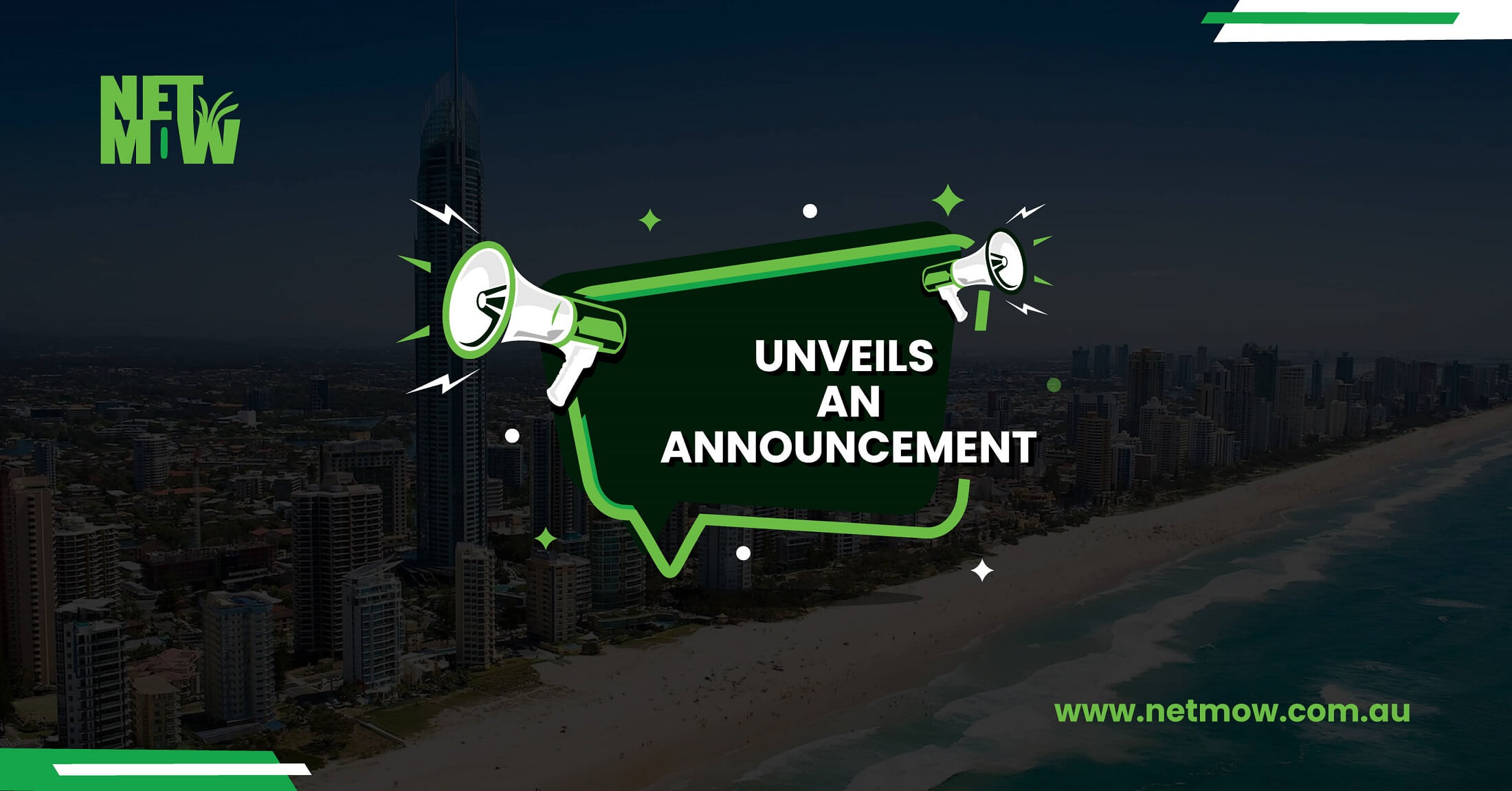
NETMOW Unveils an Announcement!

Enterprise Search Engine Optimisation Services Australia

Why You Must Make Content For An Individual Not A Group?
